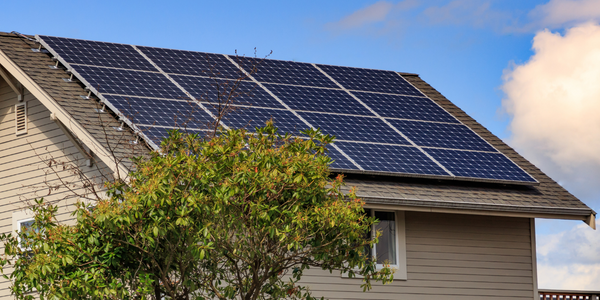
Demand for housing in New Zealand may be at an all-time high, but recent climate change and extreme weather events have highlighted the importance of sustainable design when it comes to future building projects. Green buildings, eco-homes and sustainable design must be considered, while environmental responsibility and resource efficiency is critical if we are to preserve the future of housing in New Zealand. Read on to find out what green building is, what the benefits are, and how New Zealand can prepare for a sustainable future in building.
What is green building?
Sustainable building or “green building” is a flexible term used to describe a building process whereby every aspect is required to be environmentally responsible and resource-efficient. From planning and construction, to maintenance, renovation and eventually demolition, consideration is given to the building materials, the processes used to create it, as well as its lasting impact.
Green buildings are built around creating healthy, natural environments for people to live and work in, and make particularly efficient use of resources such as energy and water. Green buildings have lower operating costs, as energy and water efficient homes cost less to run, are warmer and drier, and deliver health benefits to those who live and work in them.
All buildings in New Zealand must comply with the Building Code that sets standards for things like the right levels of moisture, fire safety, overall health and safety, and energy efficiency. However, given the environmental challenges we’re currently facing in the wake of a particularly destructive cyclone, it’s evident that incorporating further eco-friendly designs and construction choices is the responsibility of all New Zealanders planning a new build or renovation.
Why build eco-friendly homes?
As well as being good for the environment and our health, green buildings are good for the bottom line. Green commercial buildings deliver better returns for owners and investors, and are in greater demand from tenants. International evidence shows that green buildings enjoy better occupancy and better returns, and have lower operating costs (including energy).*
Unlike many New Zealand homes which are known to be damp and unhealthy, green buildings offer modern comforts and energy saving features which are better for overall health and wellbeing.
But there are far-reaching benefits too: Green buildings have a lower carbon footprint, help reduce waste, and place less strain on the grid. Switching to renewable energy sources, such as solar or wind power, helps reduce pollution and greenhouse gases impacting climate change.
Where do you start?
The New Zealand Green Building Council (NZGBC) advocates for regulatory and industry-wide change so that all homes and buildings in Aotearoa may be green and sustainable, making healthier, happier New Zealanders.
To support New Zealand on its path to a low carbon future, here are some important starting points:
- Use renewable materials
- Reduce waste and carbon impacts
- Design for water and energy savings
- Adopt innovative technology
Before planning a new build or renovation, get advice from any one of these experts:
- NZ Green Building Council (NZGBC)
- Building Research Association of New Zealand (BRANZ)
- Eco Design Advisor
- Smarter Homes (Government site)
For information about financing options for green buildings, get financial advice from a Mortgage Express branded mortgage adviser.
*Excerpt from https://www.nzgbc.org.nz/



